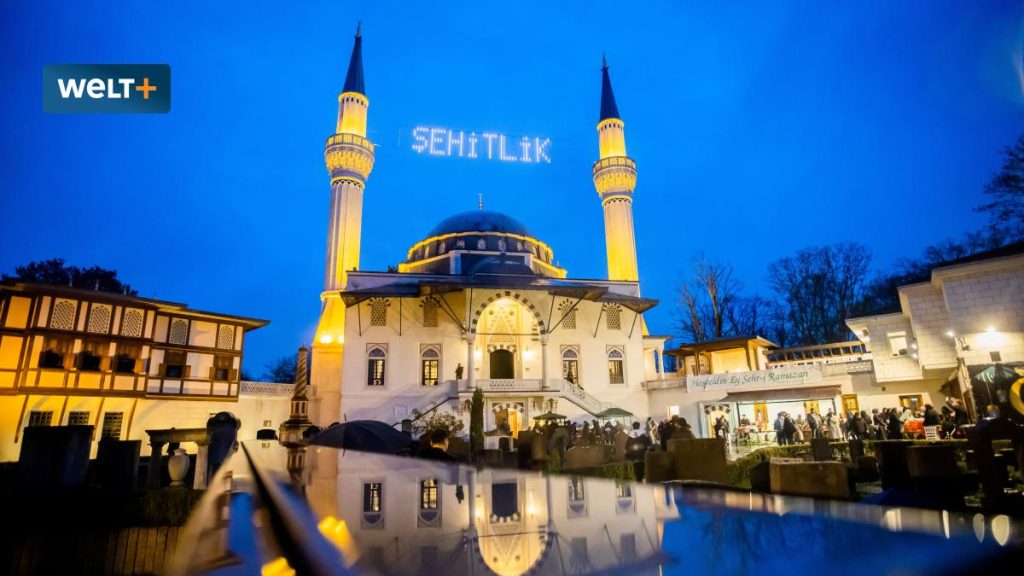CDU leader Friedrich Merz recently made a statement suggesting that the thousands of mosques in Germany do not need police protection, unlike synagogues. This statement sparked disagreement from Lamya Kaddor, a Green Party expert on Islam. In order to assess the actual level of threat, WELT conducted an investigation.
In recent years, there has been an increase in anti-Semitic attacks in Germany, leading to the implementation of police protection for synagogues. This rise in violence has been attributed to both far-right extremists and Muslim extremists. On the other hand, the threat level against mosques is considered to be lower, with only a few instances of attacks or threats reported.
Despite the relatively lower threat level against mosques, there have been some incidents that have raised concerns. For example, a mosque in Halle was targeted in a shooting attack in 2019, which left two people dead. Additionally, there have been instances of mosques being vandalized or receiving threatening messages. These incidents highlight the need to consider security measures for mosques as well.
The debate over the need for police protection for mosques reflects broader discussions around immigration, integration, and extremism in Germany. The country has seen a rise in anti-immigrant sentiment, fueled in part by the influx of refugees in recent years. This has led to increased scrutiny of Muslim communities and places of worship.
As Germany grapples with these complex issues, it is important for policymakers and experts to carefully assess the threat levels facing different religious communities. While synagogues may face a higher risk of attacks, mosques are not immune to threats either. Finding a balance between protecting religious institutions and upholding principles of freedom of religion and non-discrimination is crucial in maintaining a tolerant and inclusive society.
Overall, the debate sparked by Friedrich Merz’s statement highlights the need for a nuanced approach to security measures for religious institutions in Germany. As the country continues to navigate challenges related to extremism and integration, it is crucial to prioritize the safety and well-being of all communities, regardless of their religious affiliation. By addressing these issues thoughtfully and proactively, Germany can work towards creating a more harmonious and tolerant society for all its residents.


